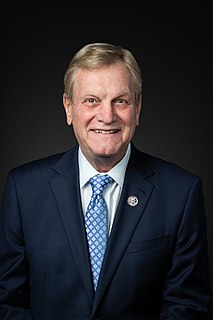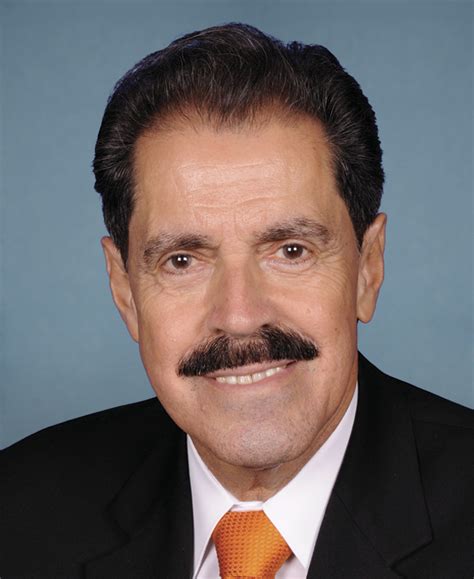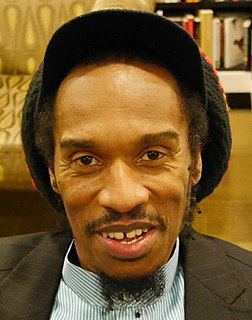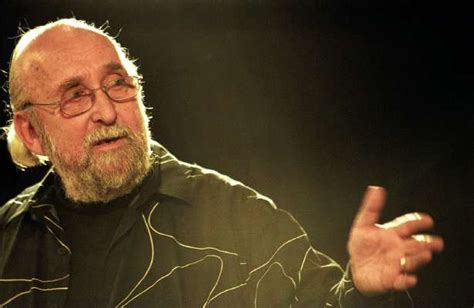A Quote by Mike Simpson
While most Americans have access to the best oral health care in the world, low-income children suffer disproportionately from oral disease.
Related Quotes
I made some friends at Listerine and they taught me a little bit about oral care. That half of adults suffer from oral disease, that the number one chronic disease among children is oral disease, that we're only taking care of 25% of our mouths when brushing alone and there are more germs in your mouth than there are people on the planet.
The Americans are violently oral. That's why in America the mother is all-important and the father has no position at all -- isn't respected in the least. Even the American passion for laxatives can be explained as an oral manifestation. They want to get rid of any unpleasantness taken in through the mouth.
My book, Oral History: Understanding Qualitative Research is about how researchers use this method and how to write up their oral history projects so that audiences can read them. It's important that researchers have many different tools available to study people's lives and the cultures we live in. I think oral history is a most needed and uniquely important strategy.
Is it just a coincidence that as the portion of our income spent on food has declined, spending on health care has soared? In 1960 Americans spent 17.5 percent of their income on food and 5.2 percent of national income on health care. Since then, those numbers have flipped: Spending on food has fallen to 9.9 percent, while spending on heath care has climbed to 16 percent of national income. I have to think that by spending a little more on healthier food we could reduce the amount we have to spend on heath care.
The president is on national TV apologizing for getting oral sex. Why didn't he just stick with his lie? You got to stick with your lie. If you lie, you have to believe that lie whole-heartedly. It has to become the truth for you. But this man, the most powerful man in the world, is on national TV apologizing for receiving oral sex. He's an idiot. There are men sitting in here right now who would gladly accept oral sex on national TV.
I think basic disease care access and basic access to health care is a human right. If we need a constitutional amendment to put it in the Bill of Rights, then that's what we ought to do. Nobody with a conscience would leave the victim of a shark attack to bleed while we figure out whether or not they could pay for care. That tells us that at some level, health care access is a basic human right. Our system should be aligned so that our policies match our morality. Then within that system where everybody has access, we need to incentivize prevention, both for the patient and the provider.
People are always saying it's the end of the Gutenberg era. More to the point, it's a return to an oral era. The Gutenberg galaxy was about the written word. At its best, the digital era is part of the rediscovery of the oral. At its worst, it's a Kafkaesque victory of the bureaucratic over the imagination.
I'm saying that the domain of poetry includes both oral & written forms, that poetry goes back to a pre-literate situation & would survive a post-literate situation, that human speech is a near-endless source of poetic forms, that there has always been more oral than written poetry, & that we can no longer pretend to a knowledge of poetry if we deny its oral dimension.
































